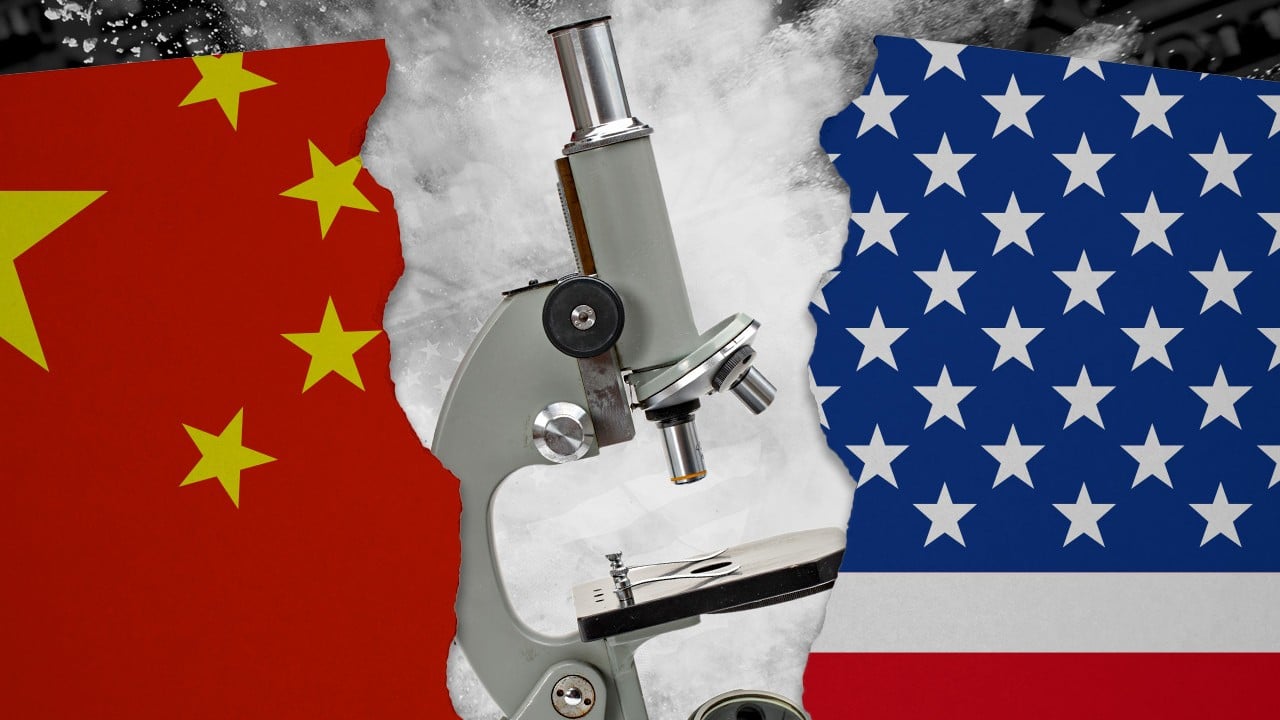Alexey Kavokin, a Russian-French theoretical physicist and director of the International Centre for Polaritonics at Westlake University in Zhejiang province, said he would welcome a Chinese equivalent of the US green card scheme.
“I would be delighted to have a Chinese green card. Currently, I have a residence permit and a work permit. [Renewing] them was not so easy,” Kavokin said.
He said his own experience had highlighted some of the difficulties foreigners face in China, such as salary payments being delayed and needing permission to travel out of the country.
He also said that his funds could be frozen without warning or explanation and international sanctions mean that Russian citizens like him are unable to transfer money out of the country.
“The decision making system in China is far from being transparent. Frequently, administrative officials avoid assuming responsibility for any decision. Requests are passed from one department to another endlessly. Rules and policies are invented to treat specific cases and they are quickly forgotten later,” he said.
“More transparency and easier communications between foreign scientists and administrative officials would help [with] eliminating mutual mistrust.”
Despite these barriers, Kavokin said that “China is rapidly becoming a scientific superpower, the progress in many research fields is tremendous, and being a part of it is enjoyable”.
Kovokin said he had moved to China in 2018, leaving behind a professorship at a British university he had held for over a decade, but he had been attracted by the “exceptional research opportunities” on offer, including 100 million yuan (US$13.75 million) in funding.
“This size of funding would not be possible to secure in Europe. Thanks to this funding, I was able to build the International Centre for Polaritonics which is one of the world leading research centres in my area,” he said.
“China is very attractive for physicists, in general, because of excellent funding opportunities, a multitude of very well equipped laboratories, [and] motivated students. Once the bureaucratic obstacles are removed, it could become a Mecca for physicists, similar to how it used to be in the USA in the 1950s-1960s.”
The resolution also pledged to “expand international science and technology exchanges and cooperation, encourage the establishment of international science and technology organizations in China” and improve communication between Chinese groups and their foreign counterparts.
It also said the country needs to become more self reliant in the face of growing pressure from the United States and its allies, saying: “We will establish risk monitoring, early warning, and response systems to safeguard science and technology security, and ensure self-sufficiency in scientific and technological infrastructure.”
Qi Mingjing, a professor at Beihang University’s School of Energy and Power Engineering, said he was worried that international exchanges are being “severely hampered” and that China could only keep up with the latest technological developments by opening the door to innovation.
Fan said the low crime rate was another potential attraction. “Having lived in the United States for about six years, I personally feel that there is another advantage [for attracting international talent], which is that the country is much safer than the United States in terms of personal security.”
But he also said there are major barriers to hiring foreign researchers, including the language barrier.
The resolution also committed to do more to develop domestic researchers by “identifying, selecting, and training young innovators and ensuring better pay and benefits for our young scientists and engineers”.
It continued: “Relevant systems will be refined to ensure that researchers can concentrate on research.”
Xi also said public research institutes would be allowed more flexibility than other public institutions, giving them greater control over funding and resources and help develop young talent in disciplines with “national strategic importance”.

